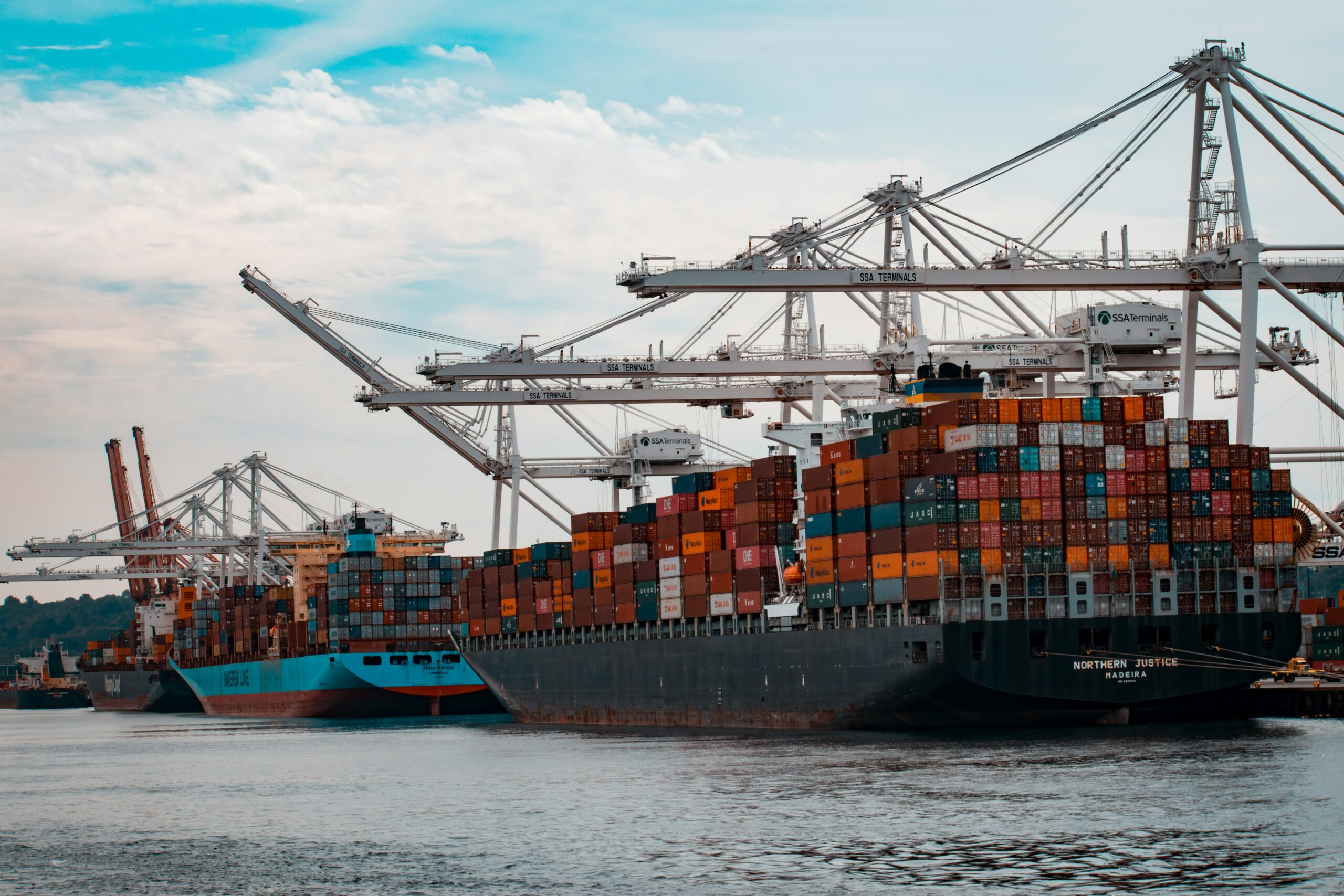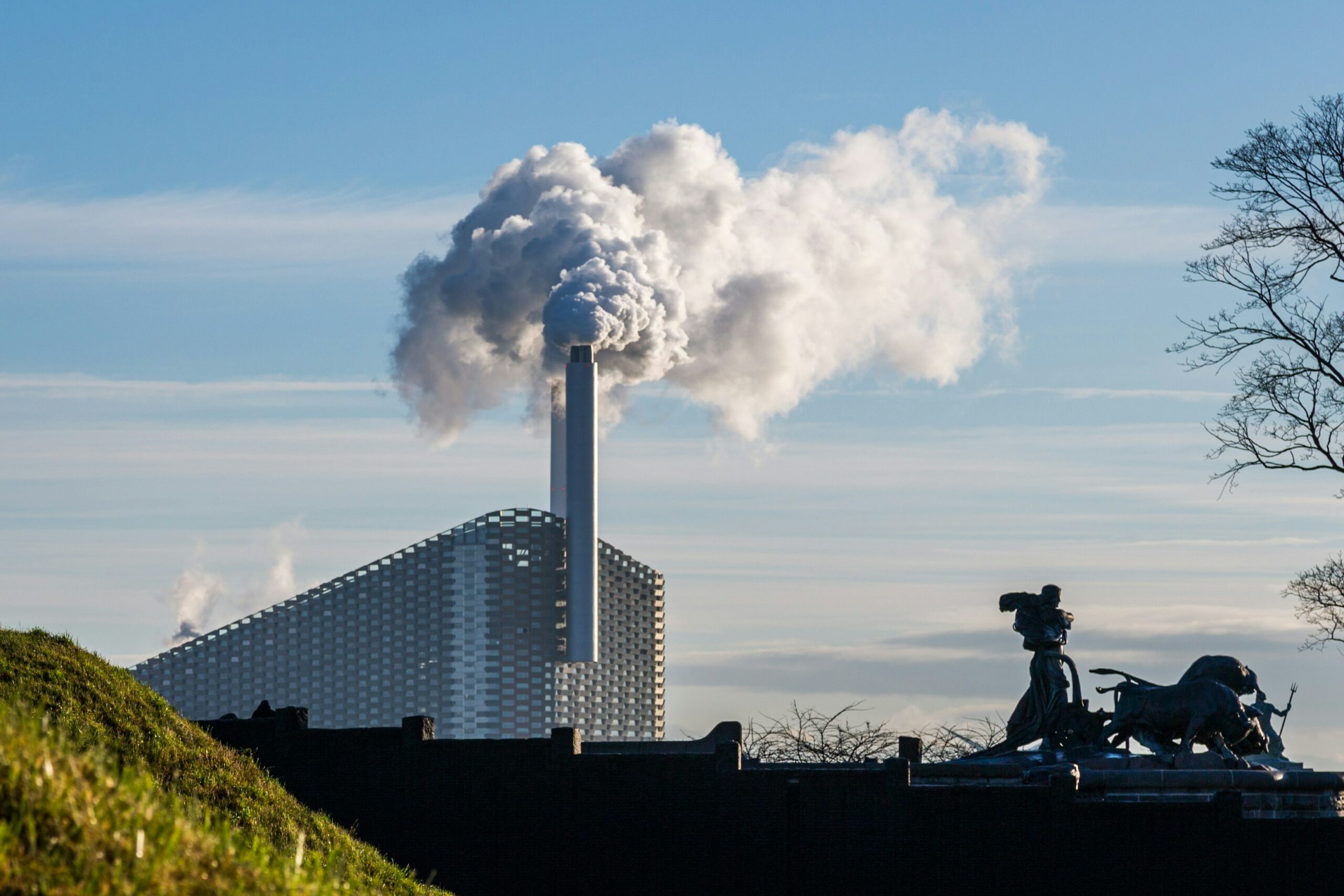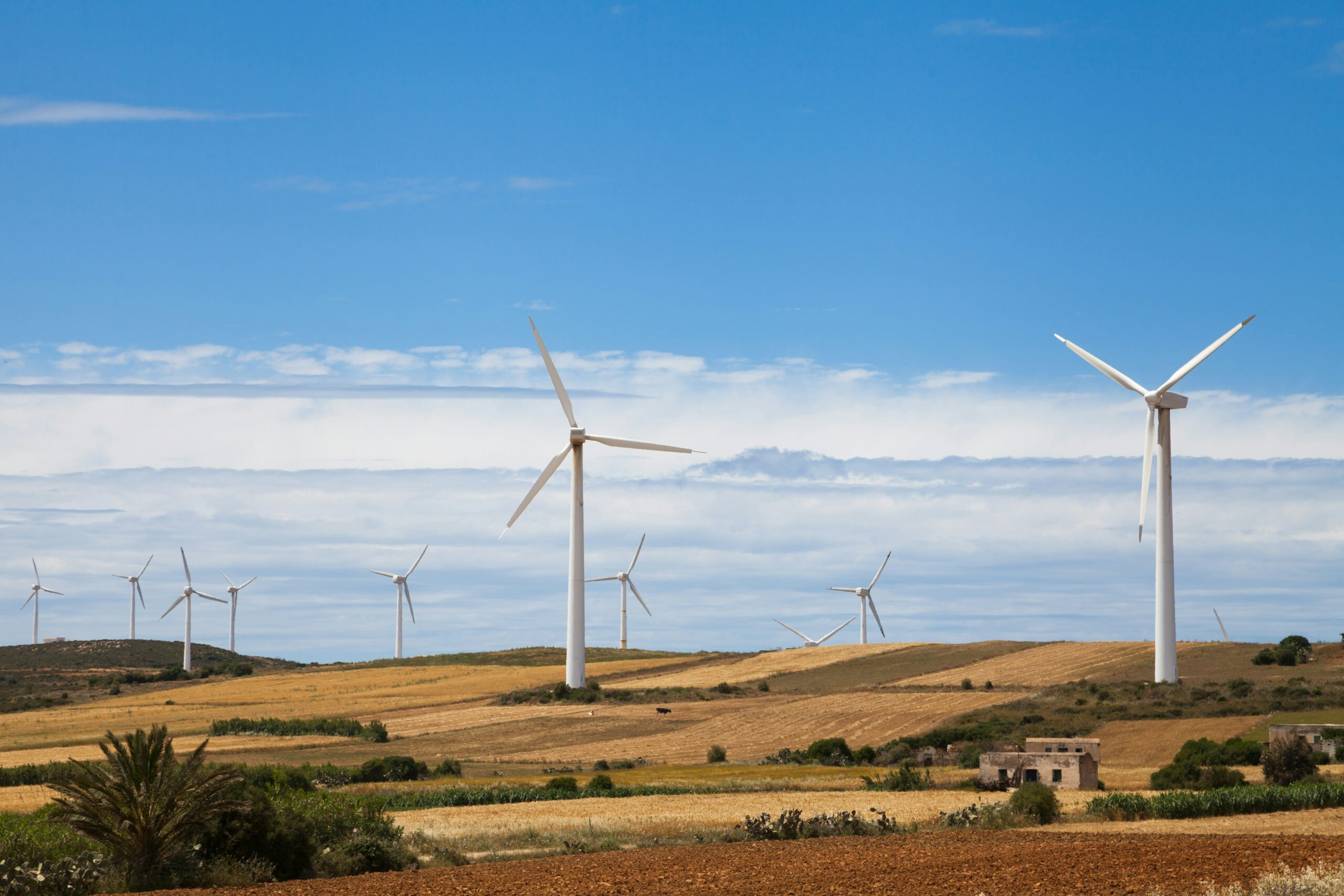A new study has found that an increase in barnacles clinging to ship hulls can increase resistance and require more fuel, complicating decarbonization efforts.
The study was published by Swedish biotechnology company I-Tech AB, which produces a barnacle-removing technology called Selektope.
I-Tech found that more than 20% of ships in a sample group at a dry dock had more than 20% of their underwater hull surface covered with barnacle biofouling.
In the sample size of 685 ships, only 140 vessels had less than 0.1% barnacle biofueling coverage.

Biofouling Threatens Maritime Fuel Efficiency and Emissions Targets
“The findings that more than one fifth of vessels in this study had more than 20% barnacle biofouling is concerning,” I-Tech Technical Director Markus Hoffman said.
“This reinforces the fact that antifouling coating systems with good static performance, boosted by the presence of biocides that target hard fouling…are an absolute necessity if barnacle fouling is to be reduced to much lower levels.”
The maritime industry, long criticized for its lack of initiative in decreasing emissions, last month passed a carbon levy.








